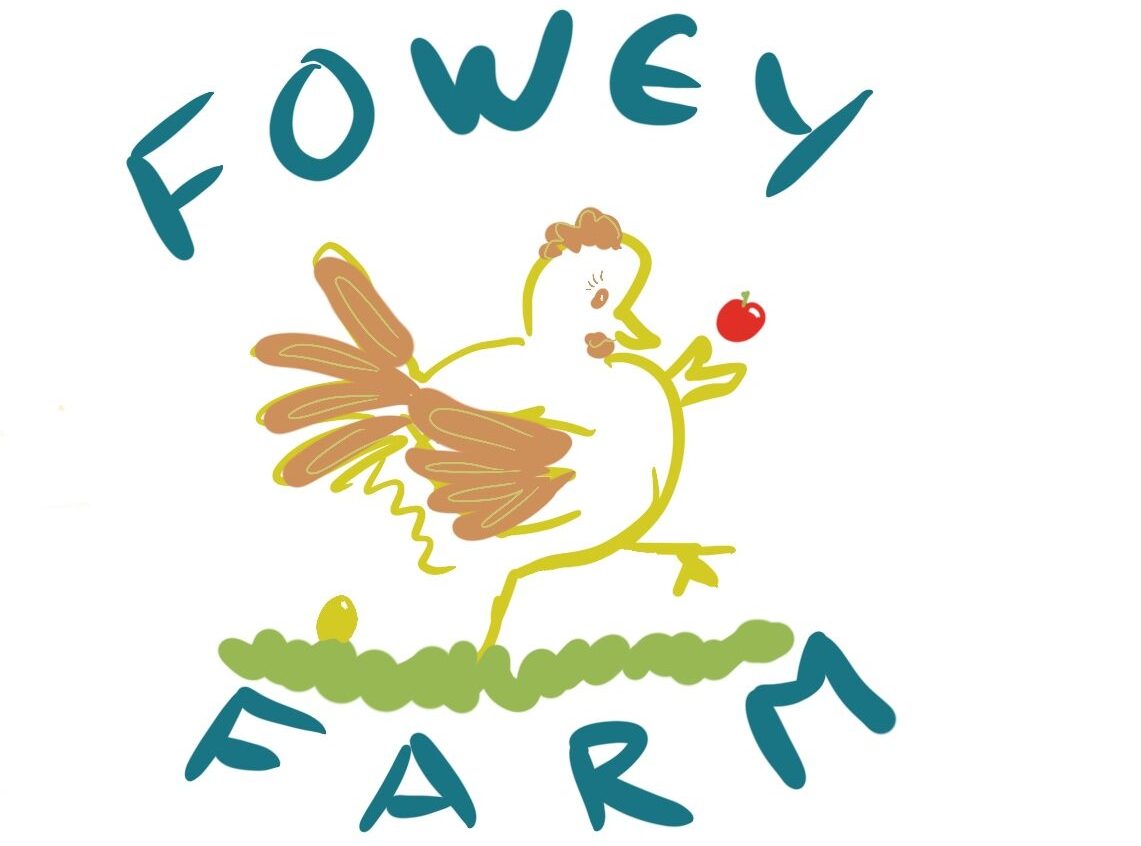Materials
- Plastic cups (around 6-8)
- Cardboard (cut into a circle slightly larger than the cup bottoms)
- Straw or skewer
- Tape (duct tape or waterproof tape)
- Scissors or craft knife
- Hot glue gun (optional, for a sturdier build)
- Water source (tap, hose, etc.)
Instructions
- Prepare the cups: Poke a small hole in the centre of the bottom of each plastic cup.
- Cut the cardboard: Using scissors or a craft knife (with adult supervision), cut a circle out of the cardboard slightly larger than the diameter of the plastic cups.
- Assemble the turbine: Thread the straw or skewer through the centre holes of the cups. Stack the cups on the straw/skewer, leaving a small gap between each cup for water flow. Secure the cups to the straw/skewer and cardboard circle using tape or hot glue. Aim for the cups to be angled slightly off-centre to catch the water more effectively.
Optional Modifications
- Adjust cup angle: Experiment with bending the cups at the attachment points to create a more angled orientation for better water capture.
- Stream confinement: Create a channel or trough using cardboard or other materials to direct water flow towards the turbine blades (cups).
- Multiple turbines: Build multiple turbines on the same axle (straw/skewer) for potentially increased power generation.
Testing your turbine
- Attach the turbine: Secure the straw/skewer holding the turbine to a fixed point (table, stand, etc.) so the turbine can spin freely.
- Water flow: Direct a flow of water from your chosen source (tap, hose) towards the turbine blades (cups). The water hitting the angled cups should cause the turbine to spin.
Remember: This is a basic model. The effectiveness will depend on water flow rate and the design of your turbine. You can experiment with different cup sizes, angles, and numbers to see how it affects the spinning speed.
Have fun building your water turbine!
Discover more from Fowey River Academy School Farm
Subscribe to get the latest posts sent to your email.

Leave a Reply